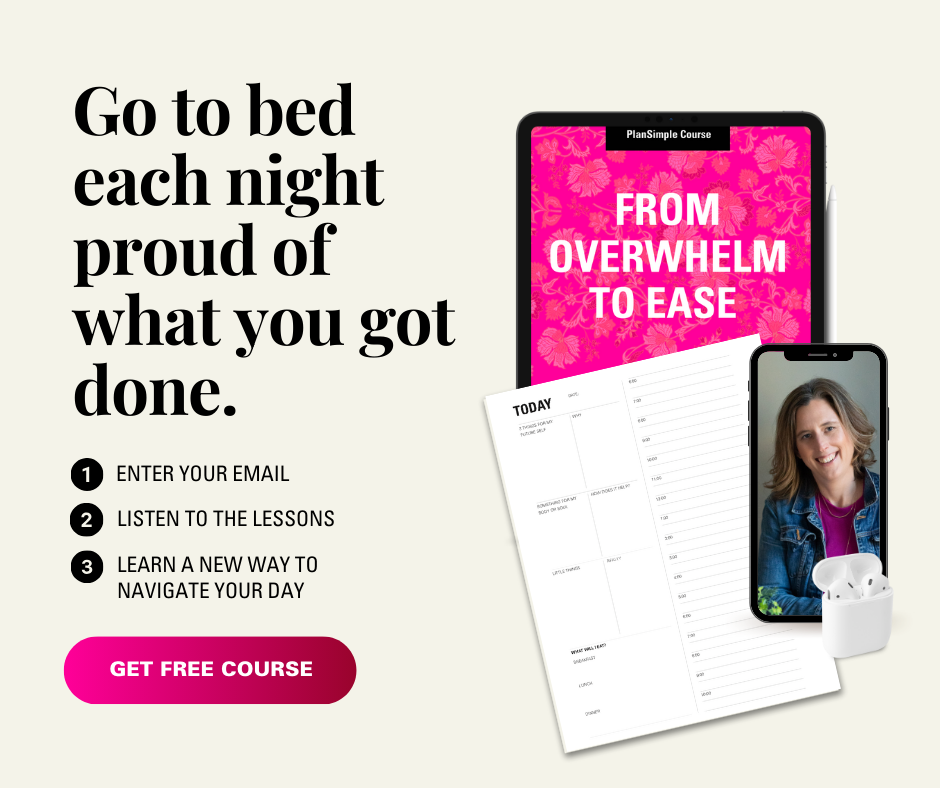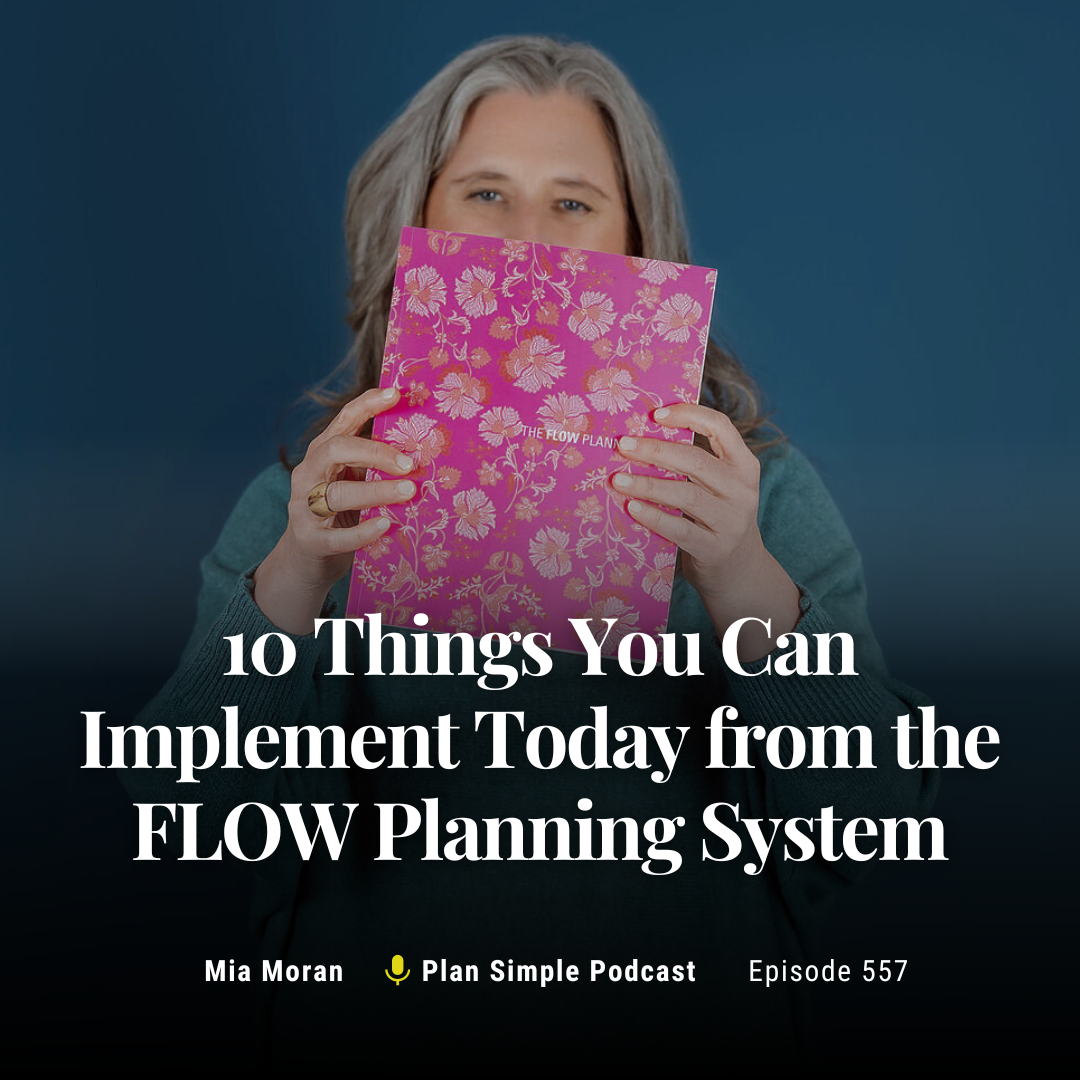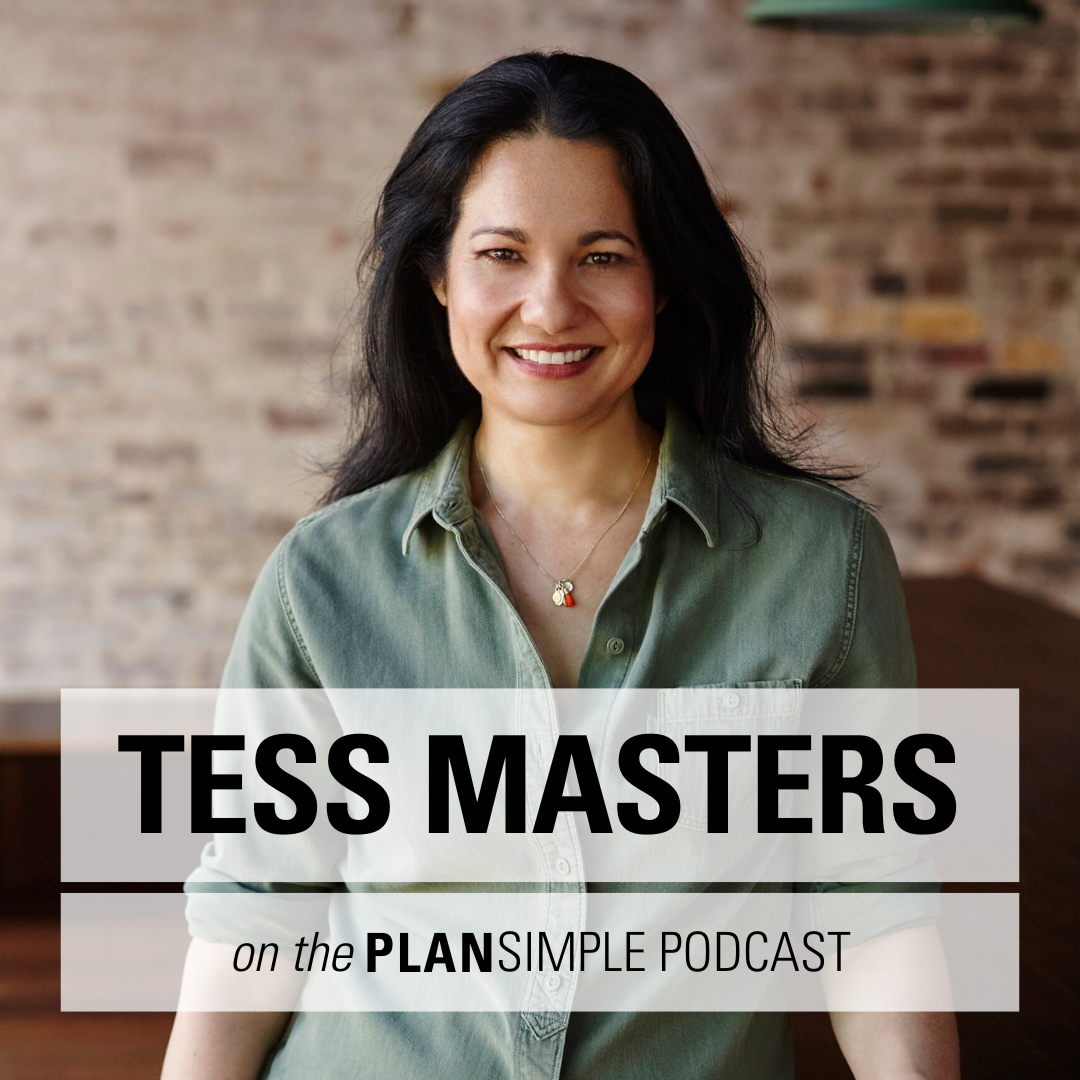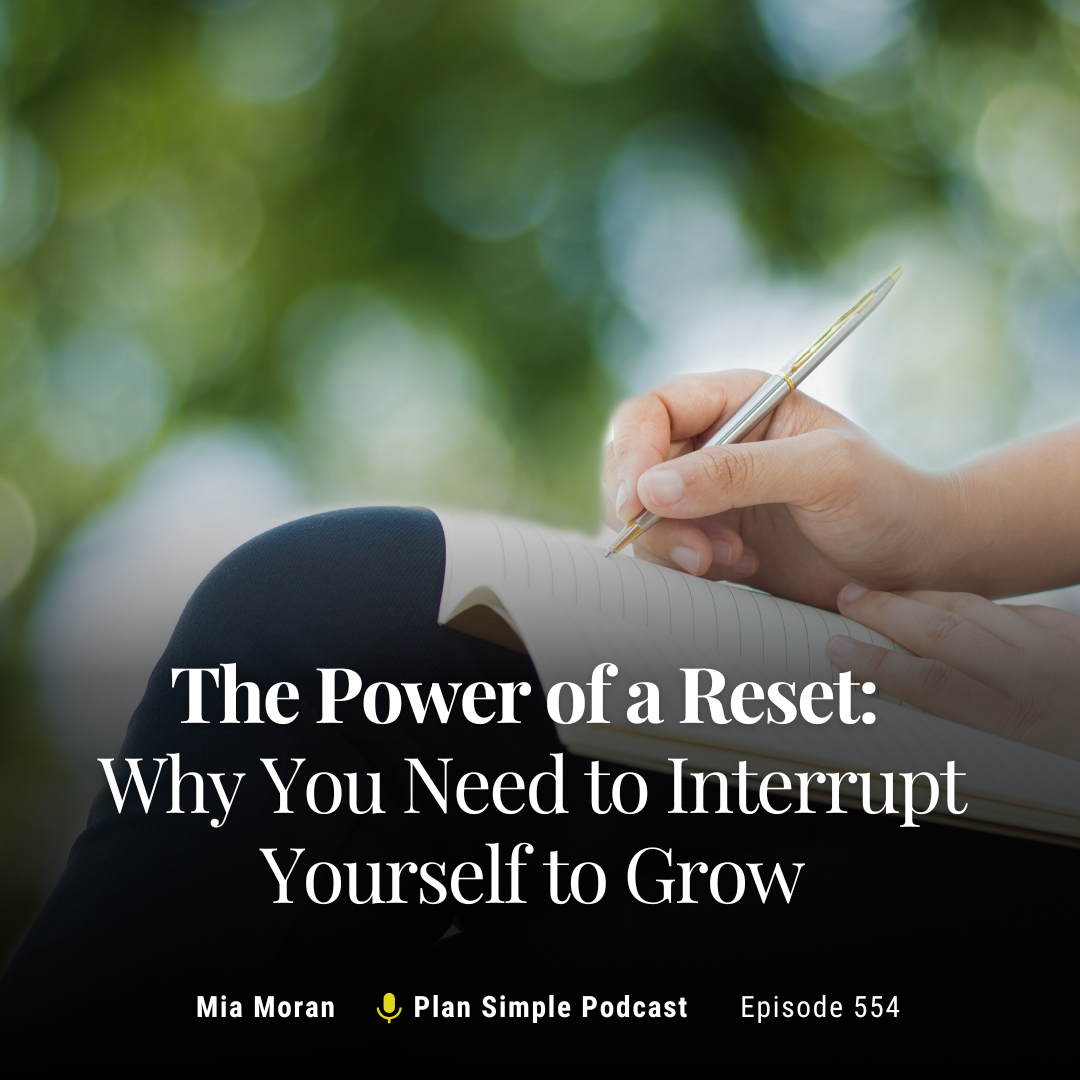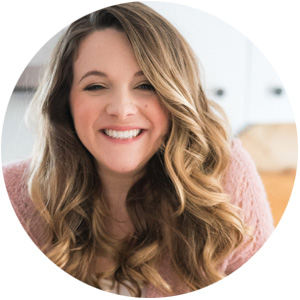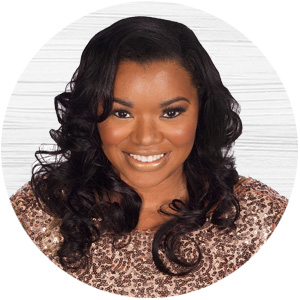Mothering Your Teen + Young Adult

Our kids’ teen years can be a struggle and a disruption, or they can be the medicine we need to connect to our kids AND our purpose.
What does talking about this have to do with what we do around here? Many of us plan for the physical hours of mothering in the early years, but we rarely consider the time it takes to process the mental load of the later years.
Listen in for all the details. Read the post for the basic idea.
A few years ago Sil Reynolds and I created a container for a group of mamas for five weeks. Sil offered us this definition of motherhood, “Allowing our kids to become themselves.” I love this definition for mothering kids of all ages, and it helps me understand what has worked and what has not.
Our job is not to be perfect. Our kids grow as much from what we do right as what we do wrong. Openness to evolve has been most helpful.
I believe the work is ours, and often we make it about our kids.
I did a lot of work on parenting in the early years that led to work on family values, family meals, less stuff. We loved the work of Kim John Payne who wrote a book called Simplicity Parenting that led to fewer toys and activity and no media. It was actually the foundation for what became Plan Simple Meals. It was simple at the beginning. As our kids became tweens and then teens, it got harder for me and my husband to agree, because we each got triggered in different ways.
My experience of helping my teen who was really suffering two years ago started like one would expect. Hours combing through therapists. Daily emails to colleagues and friends who might have ideas. It was one deadend after another, until I totally surrendered.
I saw the gift that was in front of me not only to help her, but to heal generations before and after us. I saw my responsibility in the situation. I saw the only way I could tap into my mama instinct in this extreme situation was to be 100% present. Sometimes that looked like sitting with her for 3 hours patiently waiting for her to eat. I started to see the connection between me being ok when she was not and her getting better. I danced with her. I hugged her often. I held my tongue hourly, and sometimes presence had me walking out the door alone.
I didn’t talk about this at first. I wanted to protect my kids and to make sure I was healed too, but this phase, these challenges of motherhood kept coming up in our weekly FLOW365 calls. I wasn’t the only one spending hours looking for a tutor or therapist while not getting work done or having things fall apart at home. I wasn’t the only feeling like I wasn’t taking care of my body because I was taking care of something else.
Often we think that parenting teens is less intensive than parenting younger kids, but really things just shift. Our teens still need us, but in different ways. Our role is still to allow our kids to become themselves, and that doesn’t mean stepping back.
The world really wants you to parent from the outside, but this phase needs you to source from the inside.
Here are 3 keys that have helped me LOVE being the mom of 3 teens (and they are still working as I move into the parent of a young adult too!).
Listen.
Kids want to be heard. When your teen opens up to you, try to listen without jumping to conclusions, judging them, or even trying to come up with a solution (unless you are asked).
It’s hard to listen without fixing, but it builds trust and encourages them to come to you in the future.
How can you listen? Each kid is different, but try:
- Going for a walk
- During car rides
- While cooking or doing other things around the house
- Saying goodnight, sometimes this end of the day opens them up
How do you listen without fixing?
- My daughter and I danced together.
- My son is a big fan of the 90-second hug, which I heard about from Danielle Laporte.
- Mirror what you see and hear.
- Try simply, “I hear you.”
- Notice when you are projecting your fears or your own experience. Hold back in the moment, but do deal with it later.
Be present.
We think our teens want more independence and space from us, but teens need more emotional help than they let on. A CASA study showed that 80% of teens wanted to have dinner with their families more.
Plus, the brain is not fully developed until the mid 20s. Teens need guidance and support. Because of their hormones, teens are highly susceptible to stress.
So what can you do? Be present.
Being present is different than the gesture of scheduling time to be with the kids.
Trust that you know what your teen needs, just like you knew when your infant was hungry. If you are having trouble figuring it out, you are probably too busy.
Presence needs time. If we are running around from 8 am to 6 pm, there isn’t a lot of time, and the energy we have when we are there may not be great. Try:
- Making a meeting for later. If you hear something, instead of reacting immediately, schedule time to talk about it later. You’ll be able to calm down, listen, and respond better.
- Asking for a break. Imagine you walk in the door, shuffling mail and groceries and thinking about your day, your teen pounces on you with a question. Tell your kid that if you answer now, you’ll give a false answer. Let them know when you can respond.
- Walking away. If you are really heated, try walking kindly to settle yourself to be present.
To be present, get calm, stay close, offer loving attention. To be able to do this, take care of yourself — that’s the last, but maybe really the first key.
Deal with your own stuff.
I believe the work of mothering teens is ours, and often we make it about our kids. It’s easy to project when we are trying to listen to our kids. If we can deal with those triggers and projections on our own time, we are better able to listen and be with our kids.
Remember that your energy is transferable. That means you need to tend to your nervous system. In FLOW365, we do this twice a month deliberately, but really everyday.
When you take the time to center, you pass on your clear grounded energy to your kids. Calming your nervous system means you approach everything in less of a frenzy. If you tend to your nervous system first, you are more likely to find solutions more quickly and with more ease when you make calls or do the things you need to do for your kid.
Tap into your village! It’s just as necessary as when your kids were little. Your village may have or help you find resources you need. You can talk with people about your own stuff, instead of interjecting that into conversations with your kids.
And finally, let’s talk about hormones. Your kids’ hormones are spiking and yours are dipping, but all of them are wacky. Understand what’s happening with you and how to work with the changes. You can work with them even if emotions are running high on both sides.
JOURNALING QUESTIONS
Answer these for each person you mother.
Who are you releasing into the world?
What gifts has this child given you?
Who have they become while living with you so far?
What do they REALLY need from you now to become that person?
What is the path there?
MENTIONED LINKS
Parenting Simplified with Kim John Payne
Connect, Collect and Then Direct with Kim John Payne

